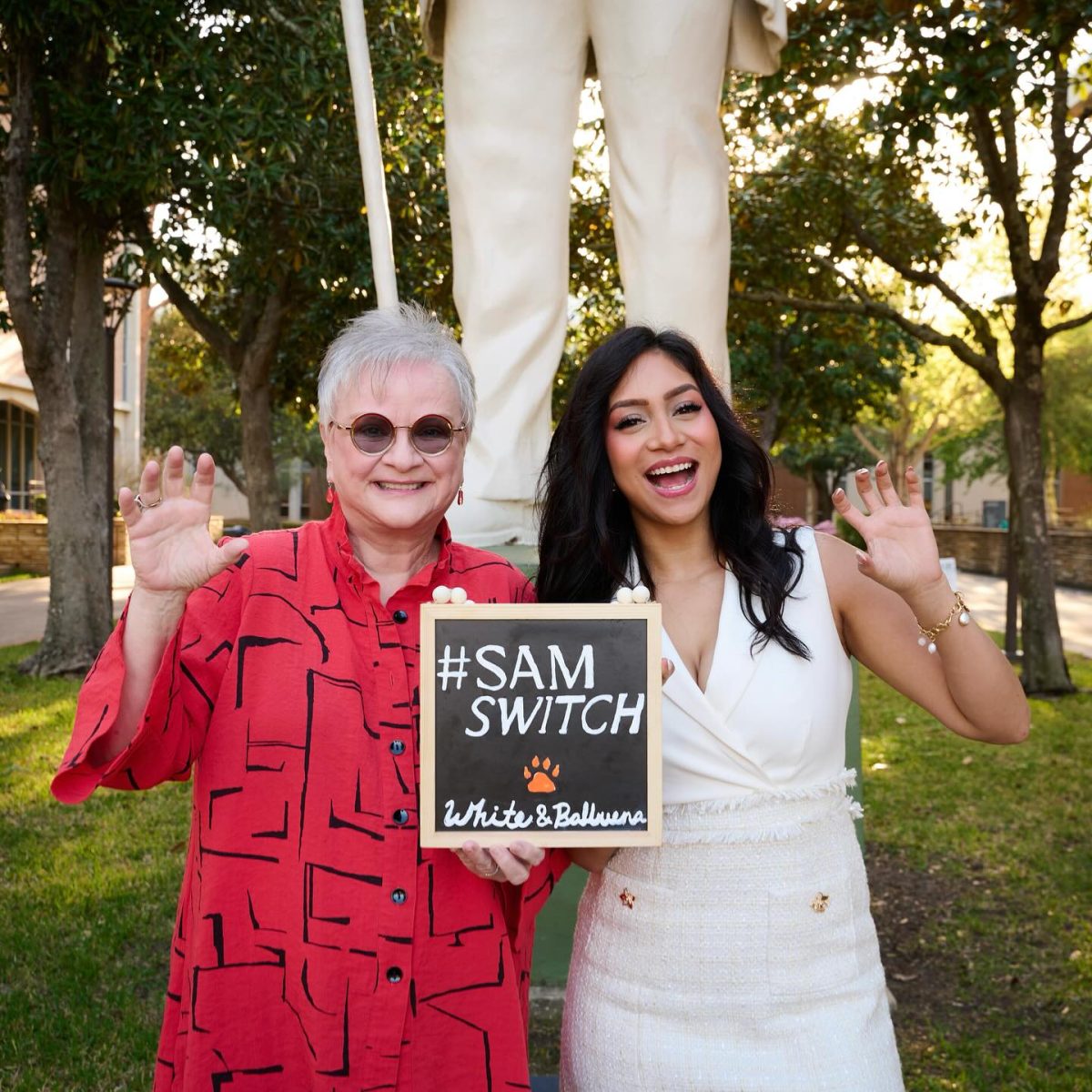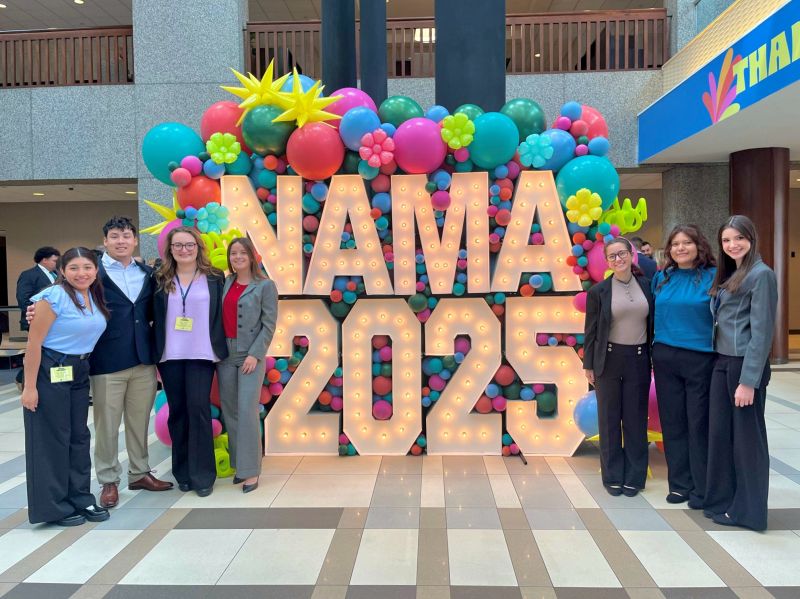Most go through life never knowing what it is like to have one of our major organs break down. When we run, our hearts dutifully pump blood throughout our bodies; when we breathe, our lungs effortlessly expand and contract while our livers and kidneys silently rid our systems of wastes and poisons.But for thousands of people, even the simplest tasks are impossible because one of their vital organs does not function properly. In order to survive, they need new organs.But waiting lists for organs are growing, and there are not enough people willing to donate to supply the demand. In January 2002, The Living Bank a Houston-based, nonprofit group created a national registry of organ donors on the Internet. The new database, which replaces a paper-based registry, is available to all organizations interested in obtaining organs. If medical professionals want to know if a patient has agreed to donate an organ, they can now check the registry. According to The Living Bank Web site, there are over 79,000 people waiting for an organ transplant. Every 14 minutes a new name is added to the United Network For Organ Sharing National Transplant Waiting List, while more than 15 people who are on the UNOS National Transplant Waiting List die from lack of an organ. “I believe the availability of living donors for kidney and liver patients has helped to alleviate the (organ shortage) problem,” said Rahmatu Bassie, a senior biology major. “You can imagine that if 40 percent of the patients from one of the transplant waiting lists are lucky enough to have living donors, that frees up the cadeveric organs (organs that come from donors who have died) for the unfortunate ones who don’t have living donors. I think both groups would benefit from living donation.” Living donor transplantation has other advantages for patients as well. UNOS statistics show that one-year survival rates for living donor kidney transplants are 95 percent, compared to 89 percent for cadaveric transplants. According to John Eiche, president of The Living Bank, the new electronic registry is a tool for medical personnel to speed the donation process because vital organs must be transplanted quickly, and the registry can help make that happen.Becoming an organ donor is easy. It is simply a matter of going online, completing the information and making sure your family knows about your decision. Your family has the last word on whether or not your organs can be used for transplantation after you die; therefore, it is very important to communicate your wishes to them. Please give of yourself and enroll today or request additional information at www.livingbank.org.
Categories:
Registration for organ donors now available online
January 1, 1970
0
More to Discover







